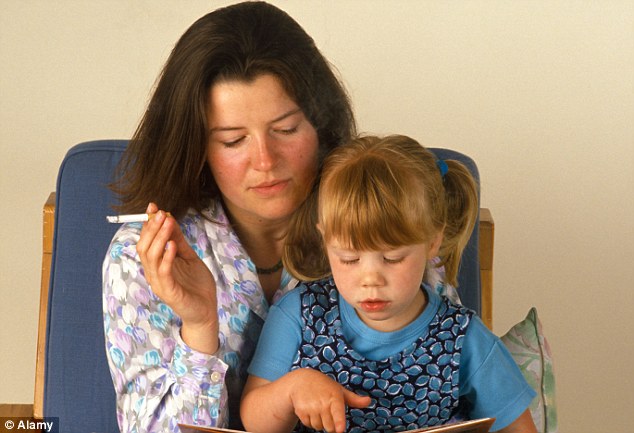Reference: Wyszynski, C. M., Bricker, J. B., & Comstock, B. A. (2011). Parental smoking cessation and child daily smoking: A 9-year longitudinal study of mediation by child cognitions about smoking. Health Psychology, 30(2), 171.
If parents smoke cigarettes, will their children grow up to be smokers? Can this be prevented? Psychologists from the University of Washington investigated the impact parents’ decisions to quit smoking had on their children. They assessed over 2,000 children involved in the Washington State Hutchinson Smoking Prevention Project. The children and parents were assessed three times over the course of nine years. When the children were in 3rd grade, researchers identified and evaluated their parents’ smoking status and attempts to quit. Fifty-one percent had at least one parent who smoked or had quit smoking. The children’s attitudes regarding smoking were evaluated during the 9th grade. Finally, in the 12th grade, the researchers established whether or not the children themselves became daily smokers. Their results indicated parents who quit smoking before their children reaches 3rd grade resulted in children developing more negative thoughts about smoking, and reduced their risk of smoking. Children, who had negative general attitudes toward smoking, including the belief that cigarette smoke is bothersome, were less likely to become daily smokers by grade 12. Parents quit smoking. It may benefit your children in many ways, including being healthier and less likely to become daily smokers themselves.
Written by Mara Rowcliffe, BS

